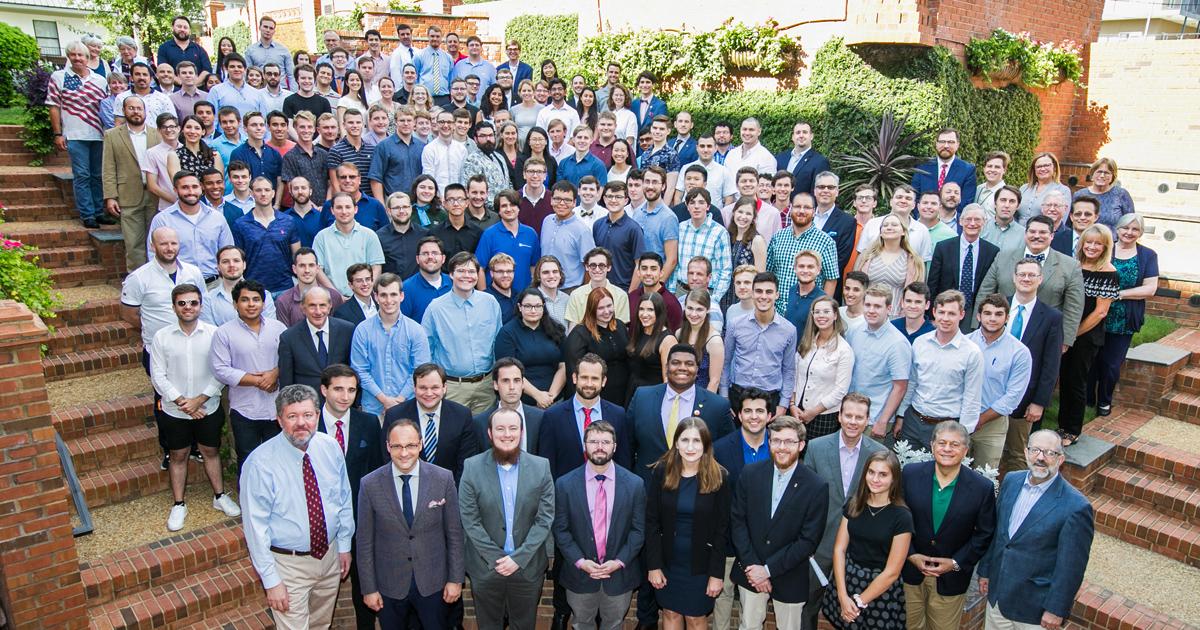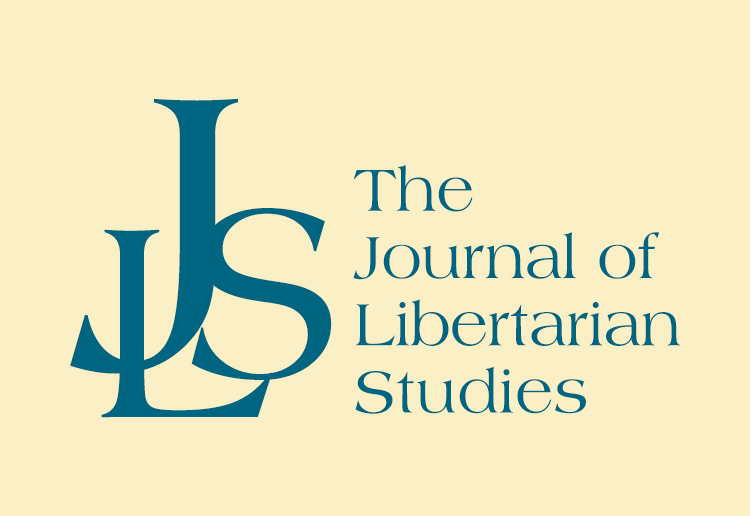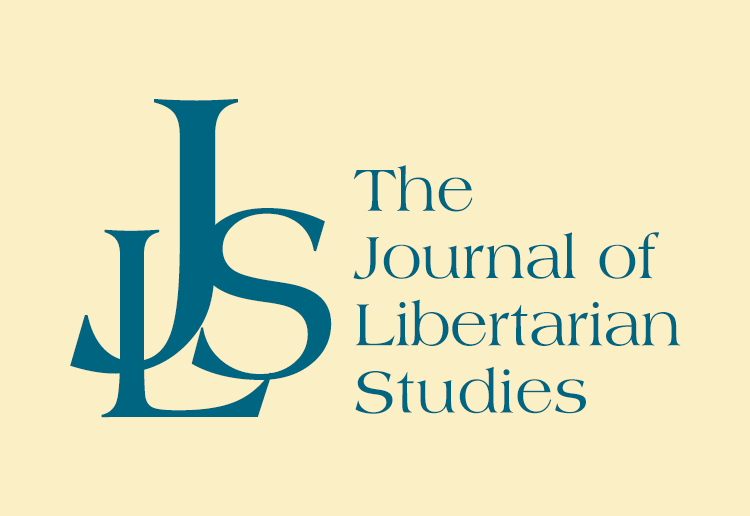Twenty twenty was the year college changed forever. How many US universities have been mortally wounded?
Covid was the pretense. But the writing was on the wall for decades. Skyrocketing tuition. Useless majors and degrees. Leftist ideologues masquerading as professors. Woke curricula instead of rigor and truth. Many students leave with tens or even hundreds of thousands of dollars of debt. And for countless graduates, little to show for it all in terms of marketable skills or job prospects.
The Mises Institute, in stark contrast, held one of its most successful Mises University programs in 2020. And we need your help to reach more and more young people before their professors ruin them!
Most universities went online in 2020—condemning students to isolation and inferior teaching. Many are still online, but with no discount on tuition. Across the street from the Mises Institute, Auburn University charges over $30,000 per year for out-of-state students. Foreign students, mostly Chinese and Indian, are cash cows for the school, many spending over $200,000 for an undergraduate degree.
How long can this go on?
Mises University is the antidote to all of this. It is precisely the program every young person needs to jump-start their real education. It may well be more valuable to them than four years of traditional college. Please support our most important and vital outreach to students.
The ramifications of covid and lockdowns will be felt for years, and far beyond campuses. The virus has been an excuse for expanding state power more than perhaps any other time in decades. And younger generations will bear the brunt of the Great Reset narrative now being advanced by the political class across the West. Make no mistake, the propaganda is real and aimed squarely at those under thirty.
One harridan at the World Economic Forum insists that by 2030 Generation Z will “own nothing and be happy.”
No car.
No house.
No apartment.
No appliances or clothes.
No privacy.
Of course, transportation, healthcare, food, and accommodation will be “free.”
This is the absurdity they want young people to accept! A world without private property, family, or any of the civilizing institutions which stand between us and the state. It would rob an entire generation of their autonomy. And proponents use the oldest trick in the book to sell it, namely the idea of a world without scarcity.
This is not just countereconomics, this is antieconomics. It’s also evil and inhuman.
Young people are being bombarded with these kinds of messages. Mises University offers them a radical alternative: a week where civilization and truth reassert themselves. Please support this worthy program by making your most generous contribution today.
Take a look at the undergraduate course offerings at your state’s university. Take a look at the average young person’s social media feed. Or take a look, if you can stand it, at CNN for an hour.
Then compare and contrast that with what Mises U students study during their week with us:
Continue reading









